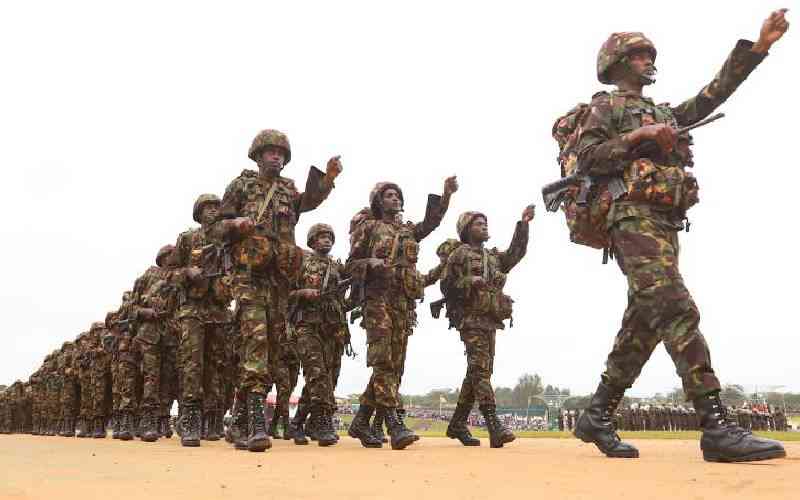×
The Standard e-Paper
Kenya’s Boldest Voice

Kenya has been instrumental in multilateral peace support operations, contributing over 55,000 troops and other personnel to various peacekeeping missions in 40 countries.
The country also contributes to the training of peacekeepers from different countries at the International Peace Support Training Centre in Nairobi.